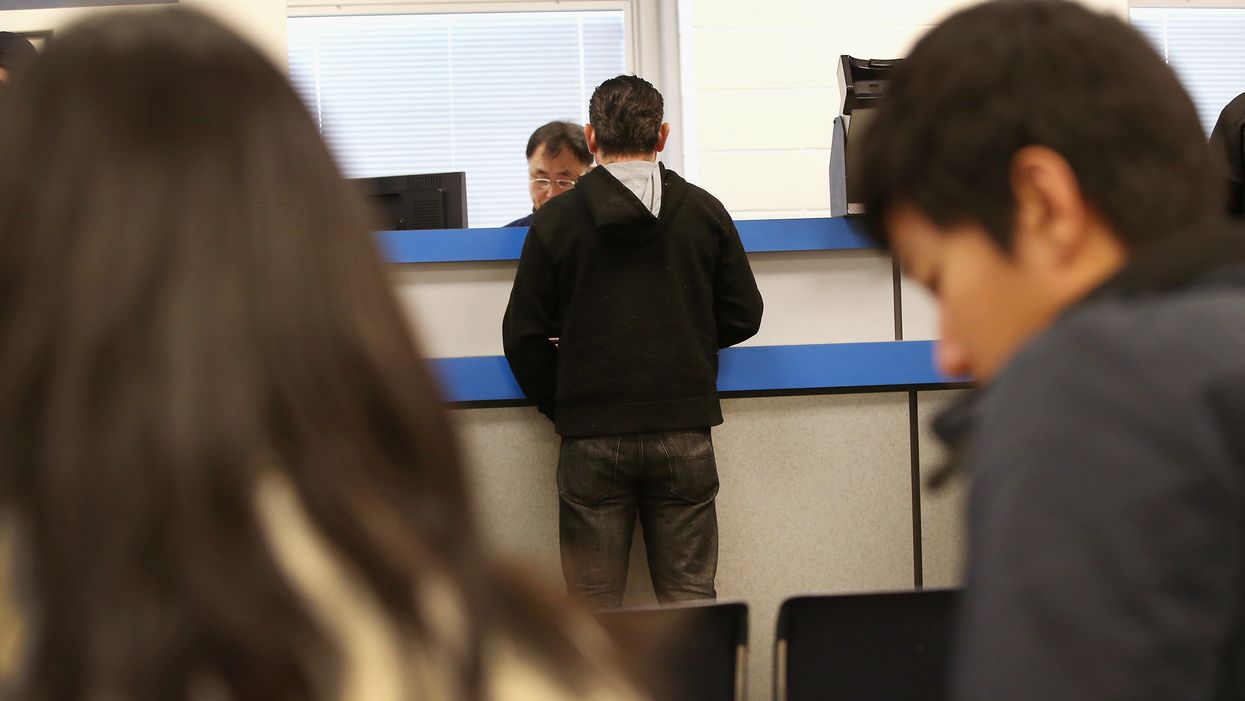A programming error at the Departments of Motor Vehicles led to nearly 600 noncitizens being added to the Illinois voter rolls in the past two years.
The secretary of state's office notified the Board of Elections in a letter last month that 574 noncitizen residents of Illinois had likely been registered to vote inadvertently while applying for a driver's license or identification card between July 2018 and December 2019. Those people are now being taken off the voter manifests.
It's a relatively rare case of a government agency openly admitting such a mistake, which if left unaddressed could open the officials running the coming election to charges of incompetence or malfeasance.
The integrity of registration rosters — especially in tossup states but even in a stronghold for one party like Illinois is for the Democrats — is one of the big issues civil rights groups on the left and anti-fraud watchdogs on the right are battling over ahead of the presidential election.
Illinois officials explained that the license or ID applicants had answered "no" to a question regarding their citizenship, but their information had been forward to the elections board for a registration card anyway.
The secretary of state's office fixed the glitch in December and provided the board with the names and information of 574 people to be removed from voter rolls, according to the notice, first reported last week by a political blogger in Illinois.
The state also notified those residents their information had been incorrectly included "in a batch transfer of voter registration data" sent to state election officials and if they had received a voter ID card to destroy it, according to the letter.
While the programming error on DMV keypads dates back to July 2018, it's unclear whether any noncitizens used an ID card to vote in the midterm election. Illinois House Republicans have called for an investigation, The Rock River Times reported.




















Trump & Hegseth gave Mark Kelly a huge 2028 gift